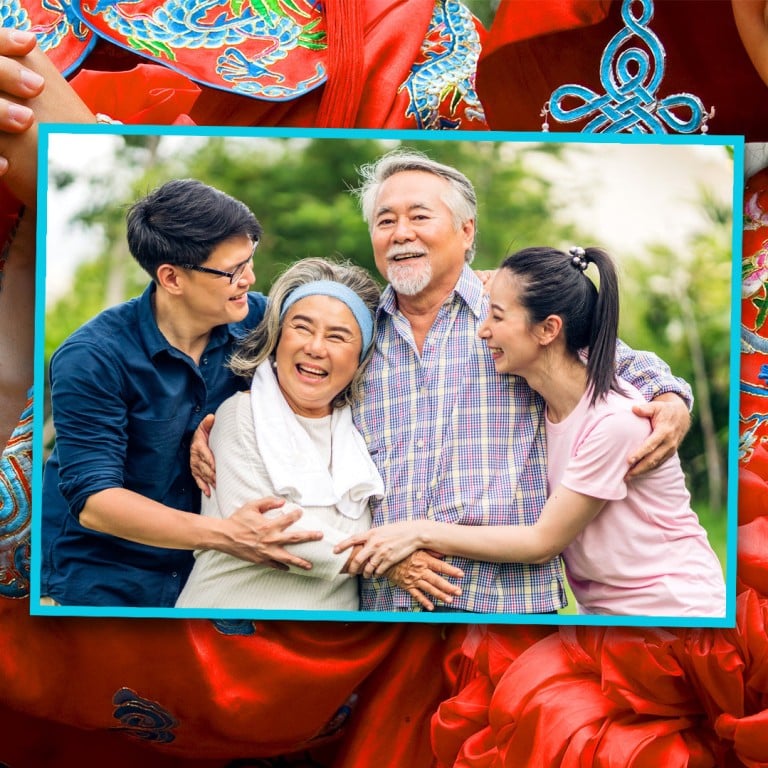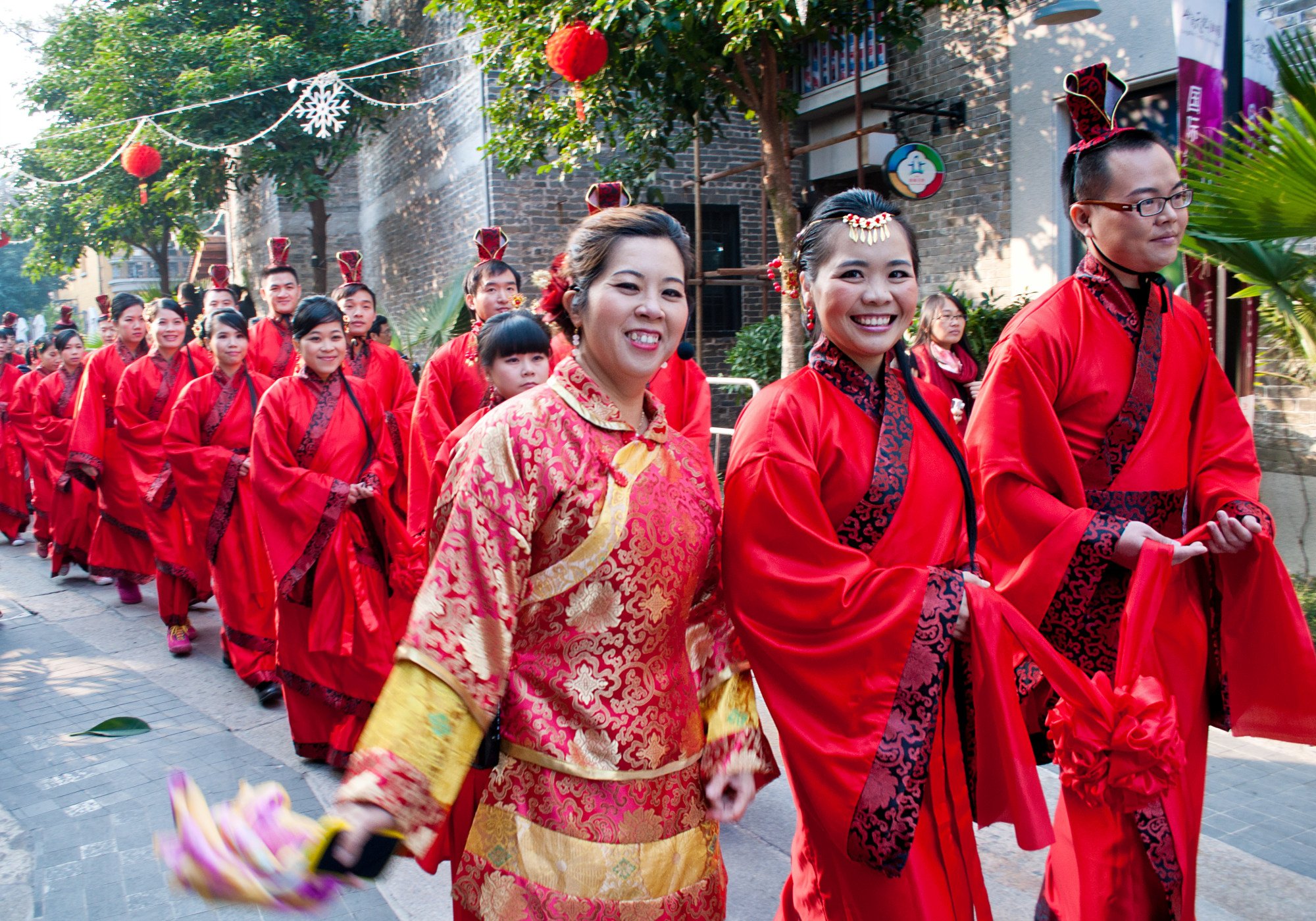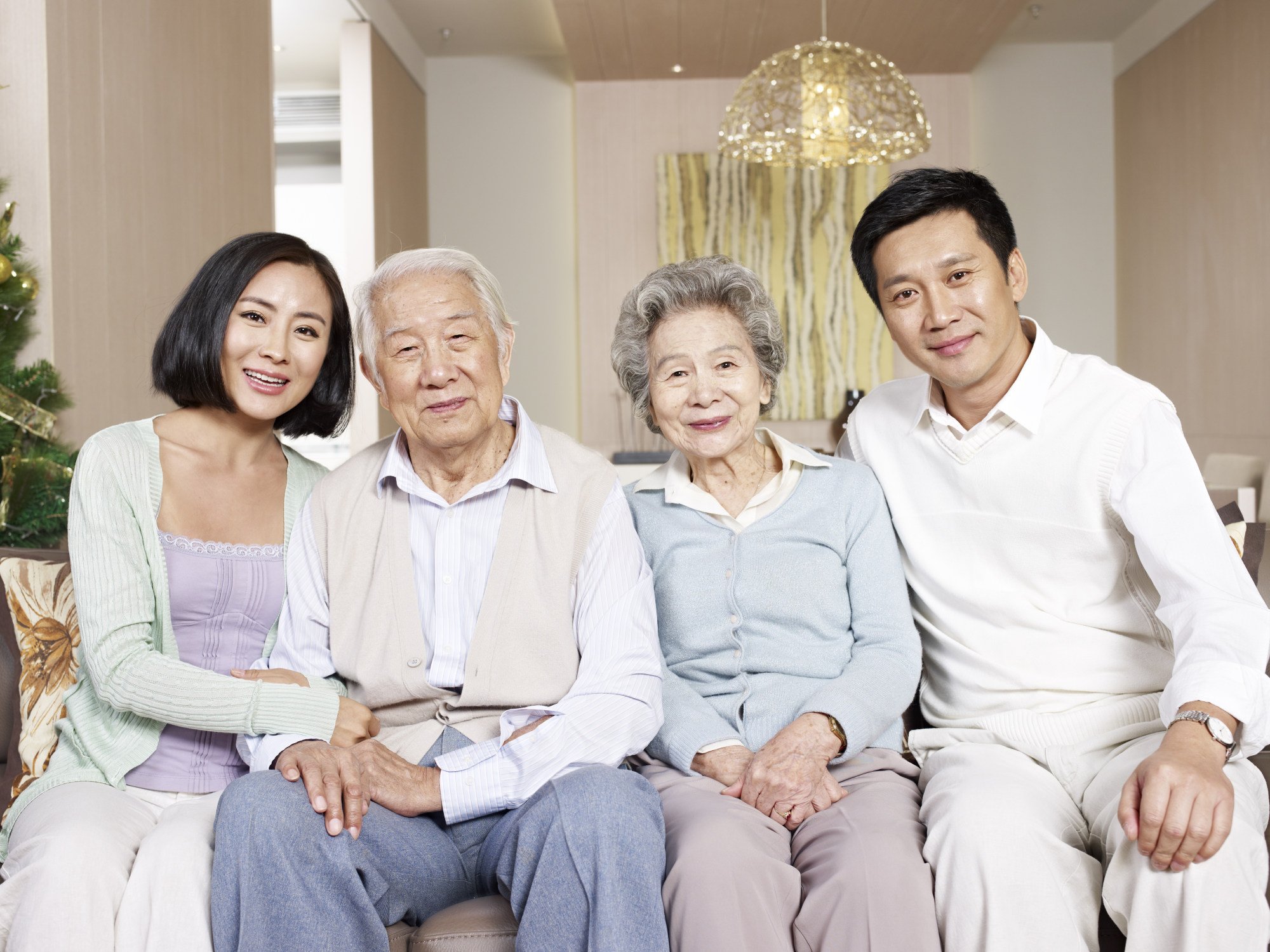
China matchmaking firms feed growing hunger for live-in sons-in-law from affluent families, lazy men need not apply
- Service turns tables on tradition, introduces men to prospective in-laws
- Strict rules, must earn over US$14,000 a year, taller than 170cm, no tattoos
Growing numbers of men in China are taking advantage of a matchmaking service which turns customary marriage practices on their head and could ease the burdens of being a traditional husband.
However, the increasingly popular “live-in son-in-law” matchmaking service, which seeks to match single men with wealthy women, has a golden rule – lazy men need not apply.
The Jindianzi matchmaking agency in Hangzhou’s Xiaoshan district in Zhejiang province, eastern China, which specialises in such introductions, went viral during the Chinese Spring Festival.
The tradition in China is for the woman to marry into the man’s family, but the live-in son-in-law service turns the tables on this notion.
Under this arrangement, the husband moves into the wife’s property, and their children take her surname, therefore that of his father-in-law in most cases.
The idea, which has only gained popularity nationwide in recent years, has existed in Xiaoshan for decades.

Xiaoshan ranks top in gross domestic product among the districts of Hangzhou, one of China’s wealthiest cities.
The parents of women in the city refuse to allow their grandchildren to take the surname of another family because it is seen as symbolic of giving away their wealth.
A more recent reason for its popularity is that, by adding the husband’s name to the woman’s household, her family can receive more compensation for relocation.
A slogan on the wall of the corridor outside the agency reads: “Break the tradition of women marrying into men’s families, and start a new national campaign that marries men into women’s families”.
Chinese language has embedded traditional gender roles in the words for marriage, naming men marrying women Qu and women marrying men Jia.
The live-in son-in-law service has strict requirements for its candidates.
Li Jiyan, the founder and top matchmaker at Jindianzi agency since 1999, told the mainland media outlet Jiupai News that the basic requirements for men are “earning more than 100,000 yuan (US$14,000) a year, being taller than 170cm, having a credit score of at least 560, plus no criminal record or tattoos”.
The registration fee is 15,000 yuan per person to join the service for two years.
Li said the competition is fierce, and that he receives between 20 and 30 applications every day, but he made it clear the agency does not welcome men who only want to Tang Ping.
Tang Ping means “lying flat”, a phrase that has become popular in China in recent years and refers to doing the bare minimum to get by.
Li noted that an increasing number of men, including many university undergraduates, are applying to become live-in sons-in-law, expecting a wealthy wife to relieve the pressure on them to work hard and make money.

Li said the most popular candidates are men with a steady job at a state-owned company, even more popular than those who could “earn more than a million yuan but work 996” – 9am to 9pm, six days a week – “with an increasing risk of baldness”, presumably due to work stress.
After the news broke, many men on mainland social media expressed a wish to become a live-in son-in-law, while some held a different view.
“The live-in son-in-law phenomenon is still based on the traditional Jia and Qu gender hierarchy. I hope one day there will be no such difference, and getting married only means two people tying the knot,” one person on Weibo said.
“Regardless of gender, some people just want to painlessly achieve success, and they consider marriage the easiest way,” said another.

